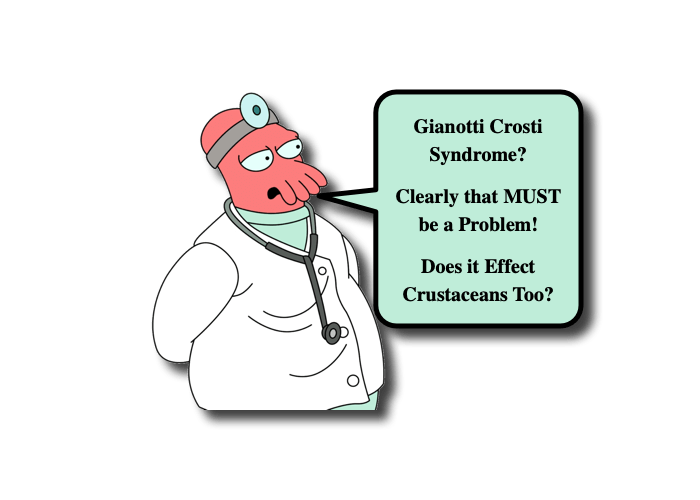Do you have a regular dry mouth or dry eyes? You might have Sjogren's syndrome. Learn more about this condition with the following important points.

Almost no one enjoys coping with the occasional dry mouth or dry eyes, natural consequences of arid environments, certain medications, or temporary dehydration from not drinking enough water. However, if you suffer from Sjogren's syndrome, you may struggle with these and other annoying symptoms on a constant basis.
As an autoimmune disease often associated with conditions such as rheumatoid arthritis, Sjogren's syndrome may respond to your rheumatologist's recommended treatment methods and home care practices. Get up to speed on the subject by looking at the following important points about Sjogren's syndrome.
Sjogren's Syndrome Counts as an Autoimmune Disorder
Under normal circumstances, your body's immune system protects you against diseases by attacking and destroying germs and abnormal cells. Unfortunately, this system can develop problems that cause it to target healthy tissues as if they posed a threat to your health, an issue known as an autoimmune disorder.
Sjogren's syndrome counts as an autoimmune disorder, just like other conditions such as rheumatoid arthritis or lupus. In fact, it commonly occurs alongside other common autoimmune disorders. Researchers believe that inherited genetic abnormalities play a prominent role in the development of Sjogren's syndrome.
Sjogren's Syndrome Can Cause a Variety of Symptoms
The hallmark symptoms of Sjogren's syndrome include dryness, notably a dry mouth and dry eyes. Since it targets the bodily processes that produce moisture, you can also develop skin, nose, or vaginal dryness. You might easily (and mistakenly) dismiss this dryness as the effects of medications or dry air conditions.
Other symptoms that occur in Sjogren's syndrome may make your condition clearer to you and your doctor, although they too can mimic other problems. Examples include an annoying cough, skin rashes, swollen facial or neck glands, heartburn, tingling, numbness, fatigue, trouble thinking clearly, and stiff or painful joints.
Severe symptoms and complications occur rarely with Sjogren's syndrome. When they do occur, they may include kidney or liver problems, pneumonia-like lung symptoms, and chronic digestive complaints such as irritable bowel syndrome. A dry mouth can encourage dental problems, while dry eyes can lead to corneal damage.
Sjogren's Syndrome Often Responds to Treatment
Although medical science can't provide a cure for Sjogren's syndrome, it can offer a wide range of treatment options to help you manage your symptoms. With a little help, most sufferers of this condition can keep their discomfort under control and enjoy full, happy lives.
Medications can aid greatly with symptom control. Certain prescription drugs can help boost your saliva production to relieve your dry mouth, while prescribed or over-the-counter eye drops can protect your eyes against dryness. Non-steroidal anti-inflammatory drugs can often control joint pain adequately.
Bear in mind that you may also need treatment for associated conditions such as lupus or rheumatoid arthritis. If so, your rheumatologist can devise a personalized treatment plan to address all these challenges together.
Sjogren's Syndrome May Call for Lifestyle Adjustments
In addition to the treatment you receive from your rheumatologist, you may benefit from some smart lifestyle modifications that can bring your symptoms under even firmer control. For instance, an exercise plan can help your joints stay flexible. You may also need to adopt an anti-inflammatory diet and focus on getting more sleep.
You can combat chronic dryness with more than just medications and eye drops. Start by drinking more water and carrying candies to suck on (which will trigger saliva flow). Practice good dental hygiene to protect dry oral tissues, using a hydrating mouth rinse as needed. Run a humidifier during sleep to reduce overnight dryness.
If you wonder where to seek diagnostics, treatment, and ongoing advice for a potential case of Sjogren's syndrome, look no further than Sarasota Arthritis Center. In addition to our arthritis care services, we offer a variety of treatment options for many kinds of autoimmune ailments.
Contact our office
today.















